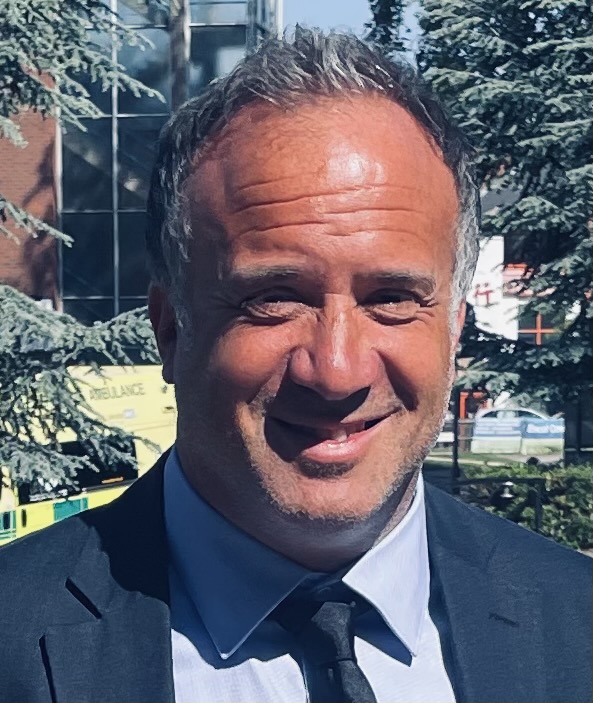
Miles’ nominator said:
“Miles Levy and his team at the endocrine department at the Leicester Royal Infirmary have really looked after me since I self diagnosed myself with a Pituitary tumour. My GP wouldn’t listen to me even though I had 98% of the classic Acromegaly symptoms. On my first visit to Miles in 2018 I felt reassured I was in the right place to be listened to at last. They still look after me now with once a year check ups but I know they are always on the end of the phone if I need them. They are all fantastic and think they should be shown appreciation with an award.”
This is what Miles told us:
What’s your story? Why did you start doing what you’re doing, how long have you been doing it?
I’ve been interested in endocrinology ever since I was a teenager at Chigwell School. My Biology Teacher Dr Applin (who had a huge combover) enthused about the pituitary gland being the ‘conductor of the endocrine orchestra’ and I was hooked. I was fascinated by the way the pituitary gland develops, making it the link between the outside and inside world. I went on to study medicine at The London Hospital and Barts Medical school and all my role models were endocrinologists. I have always been amazed how a gland so small, can have such a major effect on the body.
Why you got involved?
I went on to specialise in endocrinology and my first research project was on headache and pituitary tumours. I wrote an article called ‘Pituitary Tumours What a Headache!’ and was inundated with patients from the Pituitary Foundation wanting to help. Since then, I’ve always loved looking after patients with pituitary problems and continue to find it fascinating. Together with colleagues we go to Uzbekistan to help set up pituitary services which is a joy. Recently I have helped the campaign to change the name of Diabetes Insipidus to AVP-D which has been a real team effort between colleagues and patients.
What would you like to see happen in The Pituitary Foundation for next 30 years?
The main thing is to keep it alive. It is a very difficult time financially for charities like the Pituitary Foundation. It requires the goodwill of patients and clinicians to give good and helpful information to people and families who may be struggling to get good information and access to treatment. With our work around the world with name change to AVP-D, I have seen the high regard in which the UK’s Pituitary Foundation is held, and we should work on forging stronger bonds with our international counterparts such as WAPO (World Alliance of Pituitary Organisations) and Got AVP-D. The future is bright!







